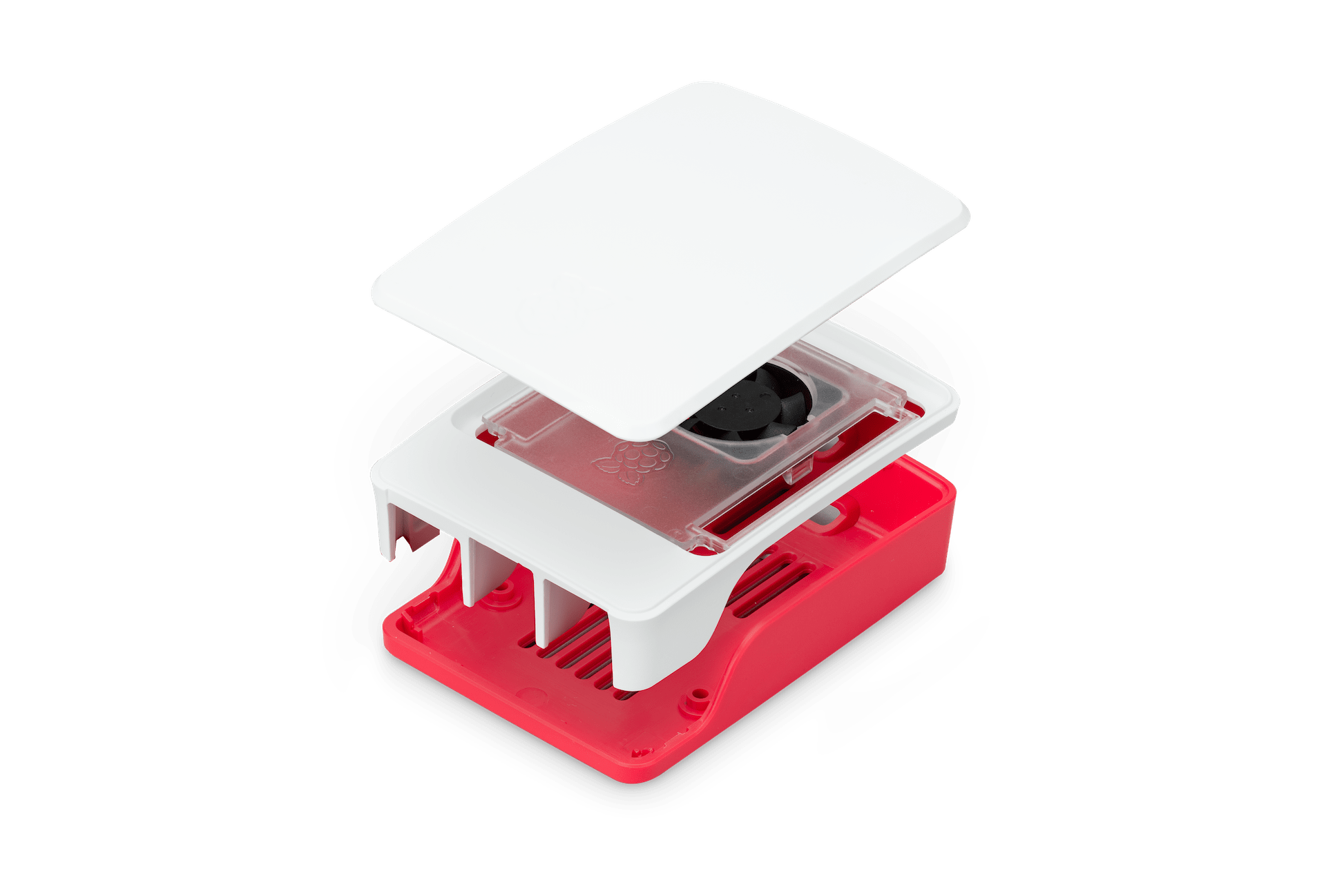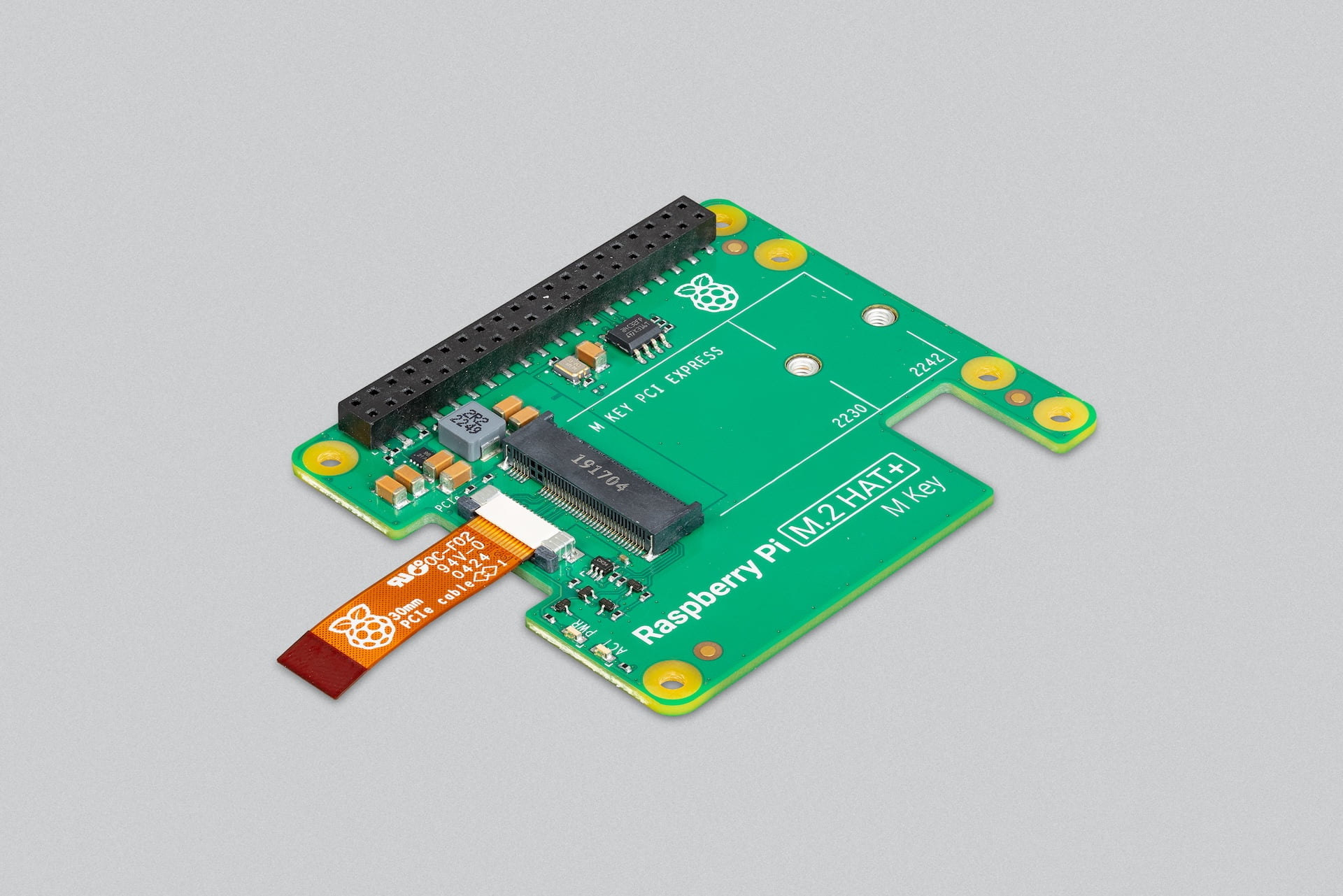Raspberry Pi VPC Network: Unlocking The Power Of Virtual Private Clouds
With the growing popularity of Raspberry Pi devices, integrating them into a VPC network has become a game-changer for developers, hobbyists, and businesses alike. A Raspberry Pi VPC network allows you to create a secure, isolated environment for your devices, enabling seamless communication, enhanced security, and efficient resource management. Whether you're building a home automation system, a remote server, or a testing environment, understanding how to leverage a VPC network with Raspberry Pi can elevate your projects to the next level.
Setting up a Raspberry Pi VPC network might sound complex, but it doesn't have to be. With the right tools and guidance, you can configure your Raspberry Pi to function as a node within a virtual private cloud. This setup not only improves security but also allows you to manage multiple devices efficiently. Imagine controlling your IoT devices, hosting applications, or even running machine learning models—all within a secure and private network. The possibilities are endless, and the benefits are significant.
In this article, we’ll explore everything you need to know about Raspberry Pi VPC networks. From understanding the basics to advanced configurations, we’ll guide you step-by-step. You’ll also discover how to troubleshoot common issues and optimize your network for performance. By the end of this guide, you’ll have the knowledge and confidence to implement a Raspberry Pi VPC network for your projects.
Read also:Young Jason Statham The Early Years Of An Action Icon
Table of Contents
- What is a Raspberry Pi VPC Network?
- Why Use a Raspberry Pi VPC Network?
- How to Set Up a Raspberry Pi VPC Network?
- What Are the Common Questions About Raspberry Pi VPC Network?
- What Are the Benefits of Raspberry Pi VPC Network?
- How to Troubleshoot Raspberry Pi VPC Network Issues?
- What Are the Security Tips for Raspberry Pi VPC Network?
- What Are the Advanced Configurations for Raspberry Pi VPC Network?
- What Are the Real-World Applications of Raspberry Pi VPC Network?
- Conclusion: Is Raspberry Pi VPC Network Right for You?
What is a Raspberry Pi VPC Network?
A Raspberry Pi VPC network is essentially a virtual private cloud environment that integrates your Raspberry Pi devices into a secure and isolated network. This setup allows you to manage your devices remotely, share resources, and ensure data privacy. By leveraging cloud services, you can create a scalable infrastructure that adapts to your needs.
Key Features of Raspberry Pi VPC Network
- Secure and isolated environment
- Remote access and management
- Scalability and flexibility
- Integration with cloud services
Why Use a Raspberry Pi VPC Network?
Using a Raspberry Pi VPC network offers numerous advantages, especially for those working on IoT projects, remote servers, or testing environments. It provides a secure way to connect multiple devices while ensuring data privacy and efficient resource allocation.
Why Should You Consider Raspberry Pi VPC Network?
A Raspberry Pi VPC network is ideal for users who want to enhance their projects with advanced networking capabilities. It allows you to experiment with cloud computing, automate tasks, and manage devices from anywhere in the world.
How to Set Up a Raspberry Pi VPC Network?
Setting up a Raspberry Pi VPC network involves configuring your Raspberry Pi to connect to a virtual private cloud. This process typically includes installing necessary software, configuring network settings, and integrating cloud services.
Step-by-Step Guide to Raspberry Pi VPC Network
- Install the required operating system on your Raspberry Pi.
- Set up a virtual private cloud using a cloud provider like AWS or Google Cloud.
- Configure your Raspberry Pi to connect to the VPC network.
- Test the connection and ensure all devices are communicating properly.
What Are the Common Questions About Raspberry Pi VPC Network?
Many users have questions about setting up and using a Raspberry Pi VPC network. Below are some of the most frequently asked questions.
What Are the Requirements for Raspberry Pi VPC Network?
To set up a Raspberry Pi VPC network, you’ll need a Raspberry Pi device, an internet connection, and access to a cloud provider. Additionally, familiarity with networking concepts is beneficial.
Read also:Discover The Journey Of Chad Michael Murray From Teen Heartthrob To Versatile Actor
Is Raspberry Pi VPC Network Secure?
Yes, a Raspberry Pi VPC network is highly secure. It uses encryption and isolation techniques to protect your data and devices from unauthorized access.
What Are the Benefits of Raspberry Pi VPC Network?
The benefits of using a Raspberry Pi VPC network are numerous. From improved security to enhanced scalability, this setup is perfect for a wide range of applications.
Top Benefits of Raspberry Pi VPC Network
- Enhanced security and privacy
- Remote access and management
- Cost-effective solution for small projects
- Integration with IoT devices
How to Troubleshoot Raspberry Pi VPC Network Issues?
While setting up a Raspberry Pi VPC network, you may encounter some challenges. Understanding how to troubleshoot common issues can save you time and effort.
Common Issues and Solutions
- Network connectivity problems: Check your internet connection and firewall settings.
- Authentication errors: Ensure your credentials are correct and permissions are properly configured.
- Performance issues: Optimize your network settings and reduce unnecessary traffic.
What Are the Security Tips for Raspberry Pi VPC Network?
Security is a top priority when working with a Raspberry Pi VPC network. Implementing best practices can help protect your devices and data.
Top Security Tips for Raspberry Pi VPC Network
- Use strong passwords and enable two-factor authentication.
- Regularly update your software and firmware.
- Monitor network activity for suspicious behavior.
What Are the Advanced Configurations for Raspberry Pi VPC Network?
For users looking to take their Raspberry Pi VPC network to the next level, advanced configurations can provide additional functionality and performance improvements.
Advanced Features to Explore
- Load balancing and auto-scaling
- Custom domain and DNS settings
- Integration with third-party tools
What Are the Real-World Applications of Raspberry Pi VPC Network?
Raspberry Pi VPC networks are used in a variety of real-world applications, from home automation to industrial IoT systems. Their versatility makes them a popular choice for developers and businesses.
Examples of Real-World Applications
- Smart home systems
- Remote server management
- IoT device monitoring
Conclusion: Is Raspberry Pi VPC Network Right for You?
A Raspberry Pi VPC network offers a powerful and flexible solution for managing your devices and projects. Whether you're a hobbyist or a professional, this setup can provide the security, scalability, and functionality you need. By following the steps and tips outlined in this article, you can successfully implement a Raspberry Pi VPC network and unlock its full potential.
Exploring The Life And Legacy Of James Drury: A Western Icon
Exploring The Life And Journey Of Evangeline Lilly Norman Kali
Bernadette Big Bang: A Comprehensive Guide To Her Life, Career, And Impact

Official Raspberry Pi 5 Case Red/White • RaspberryPi.dk

Raspberry Pi M.2 HAT+ for Raspberry Pi 5 • RaspberryPi.dk